Blogs from Tunisia 5: How to create new hope?
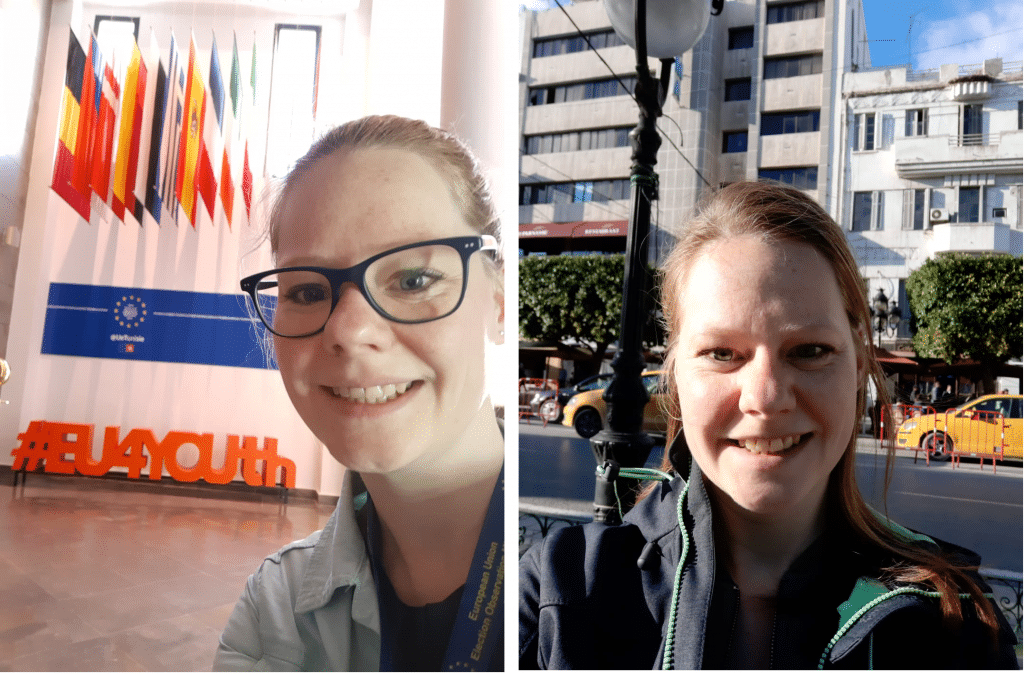
FMS researcher Anne is in Tunisia to talk about migration. Why do people want to migrate? How do they see their future? And what policy could be implemented to prevent irregular migration? Read her newest story here!
Blogs from Tunisia 4: Equal partnerships around the world
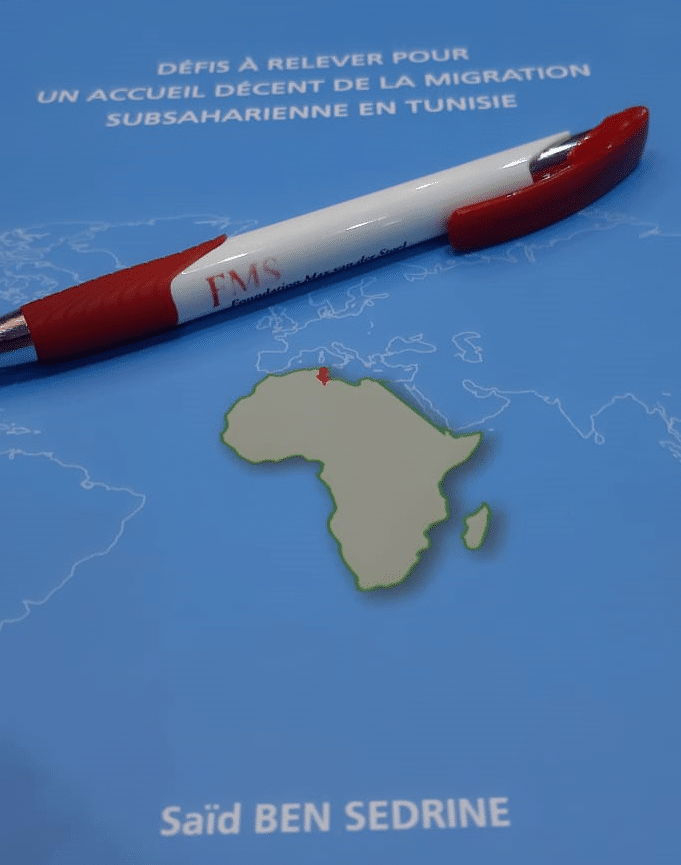
FMS researcher Anne is in Tunisia to talk about migration. Why do people want to migrate? How do they see their future? And what policy could be implemented to prevent irregular migration? Read her newest story here!
Blogs from Tunisia 3: Reform needed in Tunisia: but how?
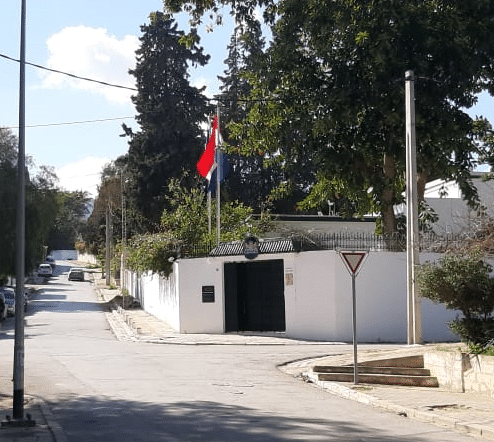
FMS researcher Anne is in Tunisia to talk about migration. Why do people want to migrate? How do they see their future? And how can irregular migration be prevented? Read her newest story here!
Blogs from Tunisia 2: Protesting in Tunisia
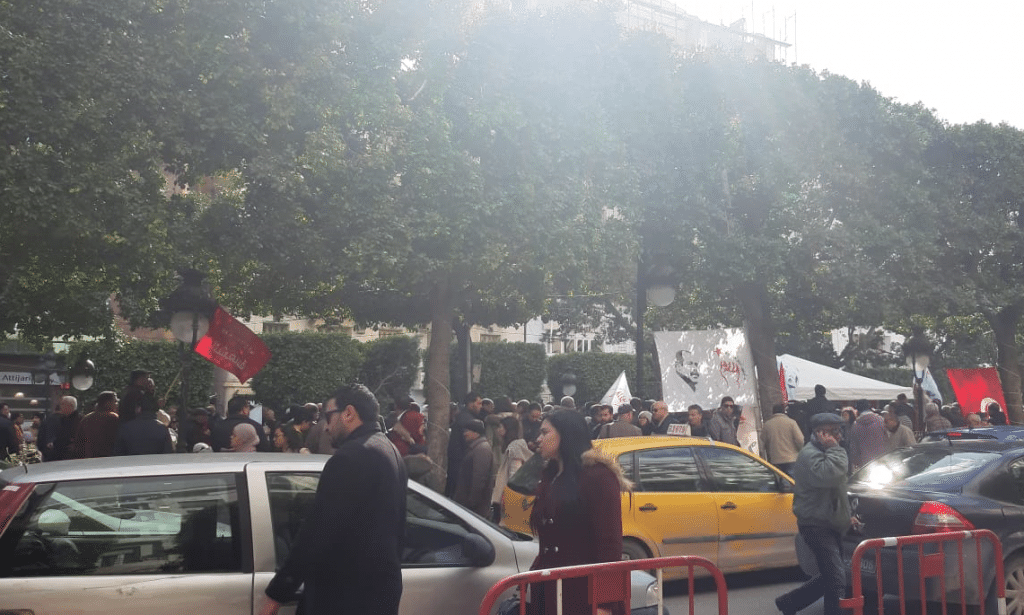
FMS researcher Anne is in Tunisia to talk about migration. Why do people want to migrate? How do they see their future? And how can irregular migration be prevented? Read her newest story here!
Finally a new government in Lebanon
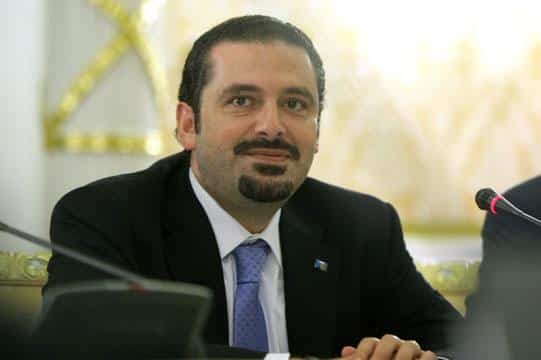
After a nine-month deadlock it was announced on January 31 by Prime Minister Saad Hariri that Lebanon formed a new government. Hariri has been negotiating with Lebanon's rival parties since the parliamentary elections last May. The political system that is based on a power-sharing agreement between religious groups lies at the heart of this long process. The main obstacles concerned the Iran-backed Hezbollah group gaining ground in the government and therefore appointing key ministries which would enlarge their sphere of influence.
Blogs from Tunisia 1: On my way to... Tunisia
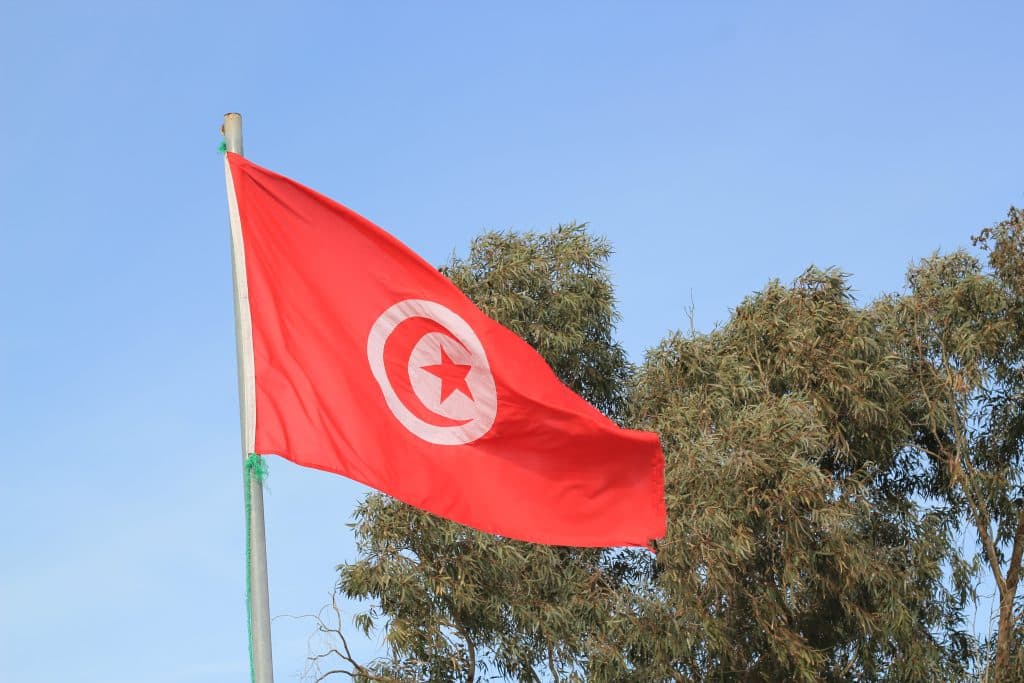
After spending four weeks in Accra, Ghana, it's time for my next field trip. I'm going to Tunisia! Will there be a big difference with Ghana when discussing migration? Or do both countries have a relatively similar perspectives on migration? This, I want to find out in the coming month.
Tunisia awaits turbulent election year
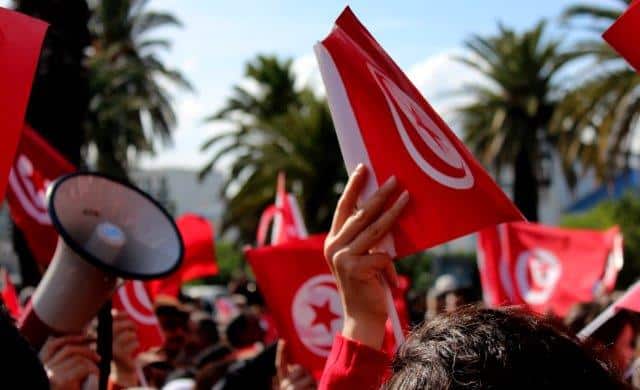
With a year to go before the parliamentary elections, the political scene in Tunisia is already changing considerably. While the seculars still managed to unite in 2014, the Nidaa Tounes party is falling apart bit by bit in the run-up to the elections. The prime minister is changing ministers without the consent of his own party and already a number of parliamentarians decide to switch to another group. Meanwhile, the largest trade union further strains relations with a mass protest against the government's economic policies.
Refugees in Lebanon: despair or perspective?
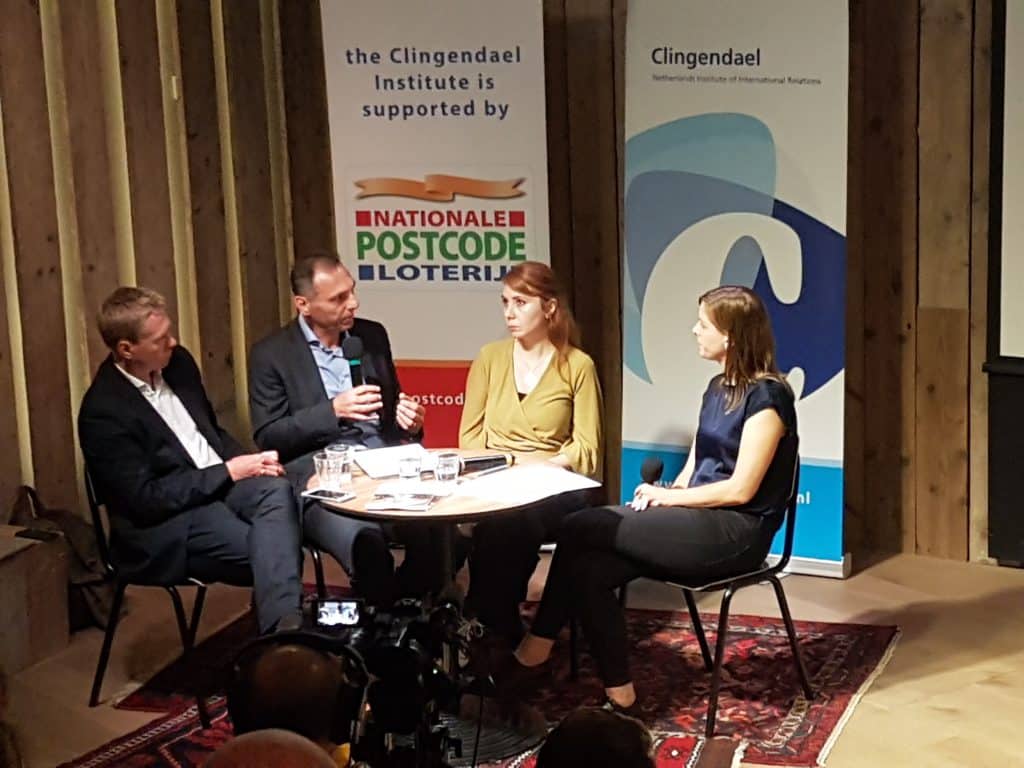
Last week, on September 6, Clingendael organised the debate "Refugees in Lebanon: despair or perspective?" at Humanity House in the Hague, to present and discuss their recently published report on the issue of refugee protection in Lebanon. Relevant as the topic is, a small FMS delegation also attended this event. After a short introduction by the Institute's general director Monika Sie, moderator Saskia Baas, head of the Durable Solutions Platform in Amman, introduced the two authors of the report, Clingendael senior research fellow Ana Uzelac and research fellow Jos Meester. What followed was a discussion of the report by its authors and the moderator.
Majority for Hezbollah and allies in new Lebanese parliament
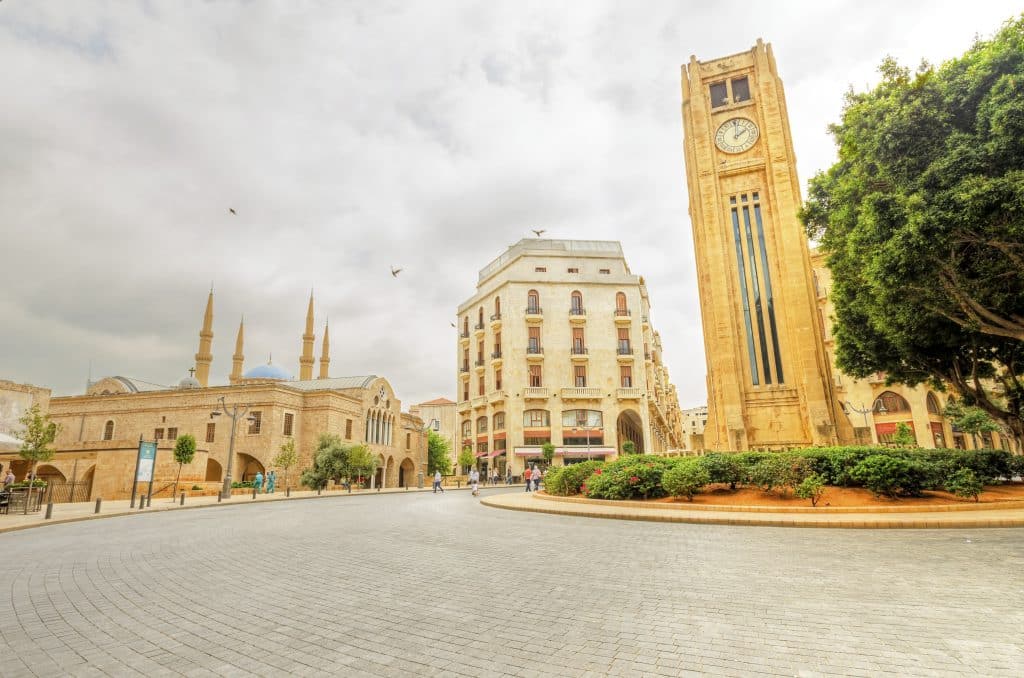
Lebanese had to wait almost nine years for it, but this month they were finally allowed to go to the polls to elect a new parliament. Years of struggle, a presidential vacuum, a new electoral law and the prime minister's announced-but-not-executed departure preceded it. The outcome seemed certain, but still delivers some big surprises. Hezbollah and allies win the majority and Prime Minister Hariri's Future Movement (FM) takes a big hit: from 26 to 19 seats. All parties want a cabinet to be formed soon to tackle the sky-high public debt and boost the economy, but at the same time one blockade after another is being put up. The winners smell their opportunity to bring in more ministries.
The status of Jerusalem: a historical perspective
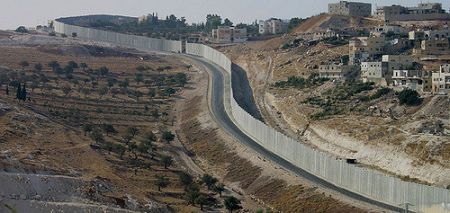
The status of Jerusalem is one of the most contentious issues in international relations. Different political and legal definitions make pronouncements on sovereignty over Jerusalem difficult. US President Donald Trump's decision has therefore not improved the situation, according to many analysts. The announcement that the US embassy is moving from Tel Aviv to Jerusalem, with Washington officially recognising Jerusalem as the Israeli capital, caused a stir. Israel seems pleased, the Palestinians are furious and the international community is upset. But how much weight does this decision carry? Most events do not take place in a vacuum. They fit into a historical process. What about this for the recognition of Jerusalem?

